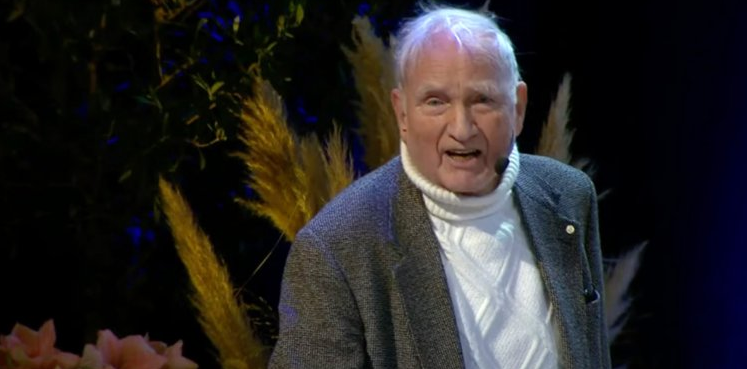Category: Scientific Misconduct
Category: Scientific Misconduct
Earlier this month, the 2022 Nobel Physics Laureate Dr. John Clauser slammed the ‘climate emergency’ narrative as a “dangerous corruption of science that threatens the world’s economy [...]
William Briggs builds upon Greg Glassman's Castro Ranch talk introducing The Broken Science Initiative. Briggs emphasizes that his critique is not aimed at all types of science, but rather at the growing prevalence of broken and bad science. Briggs highlights two especially impactful examples of broken science, namely the COVID "panic" and climate change. Using these examples, Briggs demonstrates how reliance on flawed models and blind trust in "the science" has lead to severe political and social ramifications for everyone.
The Acquittal of Carbon Dioxide
Some 40% of the retractions in the Retraction Watch database have a single curious origin. Over the past decade, one publisher—the Institute of Electrical and [...]
In academic publishing, a retraction is the action by which a published paper in an academic journal is removed from the journal. A retraction may [...]






